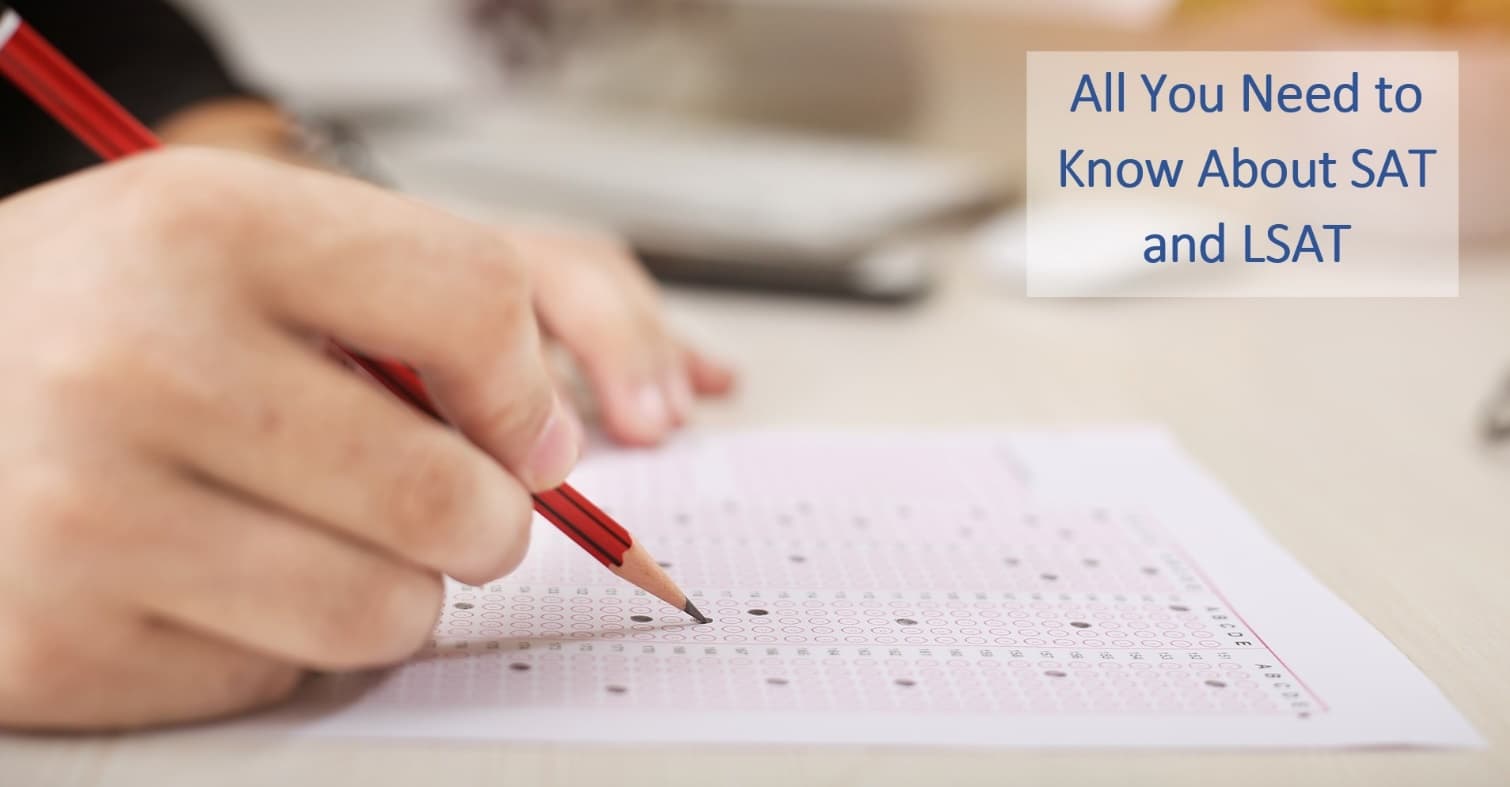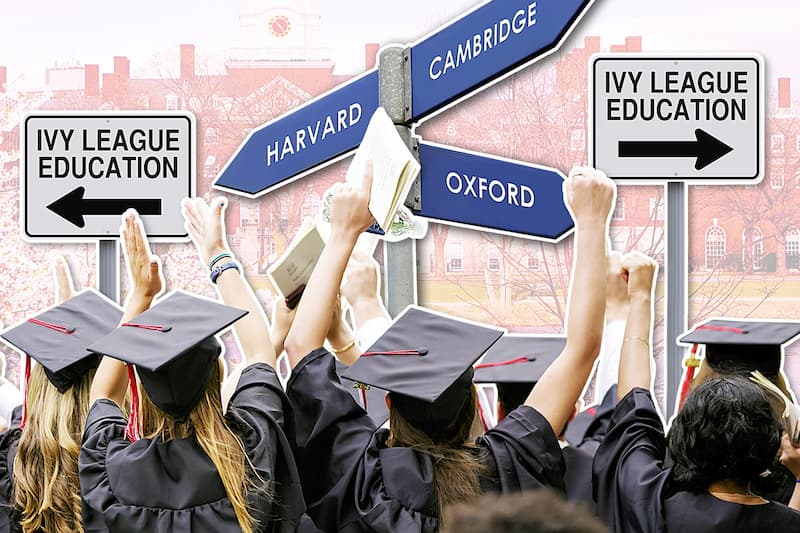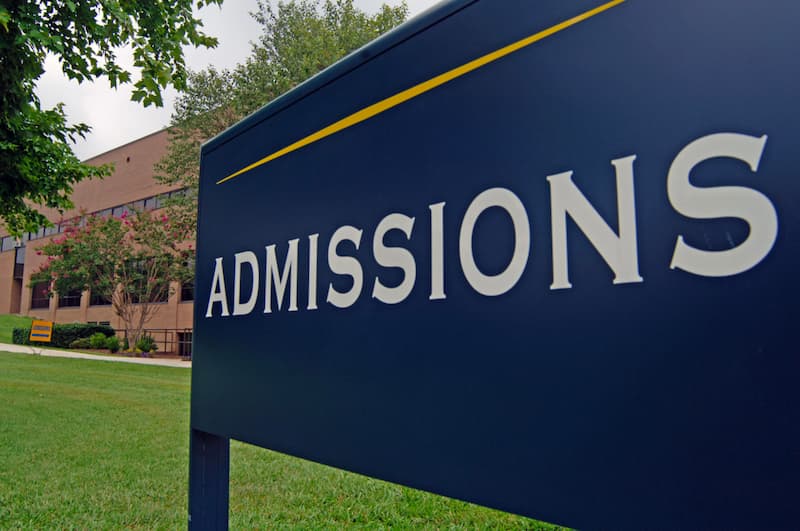Education plays a vital role in shaping our future, offering invaluable opportunities for personal growth and success. However, not all colleges in America effectively fulfill their role in providing quality education and opportunities to students.
In this article, we delve into the challenges these struggling colleges face, aiming to shed light on the potential pitfalls to consider when choosing an educational institution.
The Struggles of Underperforming Colleges
Across the country, numerous universities fail to assist their students in realizing their dreams. These institutions suffer from low graduation rates and a lack of support from their faculty members. You can read about the list of grad school admission consultants in our blog section to get expert advice on colleges you should apply to.
The following sections analyze these difficulties, emphasizing the importance of finding a supportive learning environment that propels you toward success.
The 10 Worst Colleges in the U.S. and Why They Are So Bad
Now that we have defined what bad institutions are, it’s time to unveil the worst colleges in the country. After carefully considering several factors, such as the graduation rate, job placement rate, etc., we have formulated a list of the worst colleges in America that you should avoid.
Let’s uncover why these universities are at the top of the list and are termed the worst in America so you can have a detailed overview. It’s important to note that this list is formulated after carefully considering several facts and statistics.
So, what college is ranked number 1 on the worst colleges in the US list?
- DeVry University
- University of Phoenix
- American InterContinental University
- Lincoln Technical
- Grand Canyon University
- Ashford University
- Walden University
- University of the District of Columbia
- Florida Memorial University
- Grambling State University
The Worst Rated College In America By State
Here is a list of the worst colleges in America by state, based on various factors, including graduation rate, student loan default rate, and cost of tuition.
| State |
Worst University |
| Alabama |
Alabama State University |
| Alaska |
University of Alaska Anchorage |
| Arizona |
DeVry University |
| Arkansas |
Philander Smith University |
| California |
American InterContinental University |
| Colorado |
Colorado Christian University |
| Connecticut |
University of Bridgeport |
| Delaware |
Delaware State University |
| Florida |
Argosy University |
| Georgia |
Albany State University |
| Hawaii |
Chaminade University of Honolulu |
| Idaho |
Lewis-Clark State College |
| Illinois |
DeVry University |
| Indiana |
Indiana Wesleyan University |
| Iowa |
Grand View University |
| Kansas |
Baker University |
| Kentucky |
Lindsey Wilson College |
| Louisiana |
Grambling State University |
| Maine |
University of Maine at Farmington |
| Maryland |
Bowie State University |
| Massachusetts |
American International College |
| Michigan |
Baker College |
| Minnesota |
Globe University |
| Mississippi |
Alcorn State University |
| Missouri |
Fontbonne University |
| Montana |
Carroll College |
| Nebraska |
Bellevue University |
| Nevada |
College of Southern Nevada |
| New Hampshire |
Granite State College |
| New Jersey |
Atlantic Cape Community College |
| New Mexico |
Central New Mexico Community College |
| New York |
DeVry University |
| North Carolina |
Fayetteville State University |
| North Dakota |
Bismarck State College |
| Ohio |
DeVry University |
| Oklahoma |
Langston University |
| Oregon |
DeVry University |
| Pennsylvania |
Art Institute of Pittsburgh |
| Rhode Island |
Bryant University |
| South Carolina |
Allen University |
| South Dakota |
Dakota State University |
| Tennessee |
American Baptist College |
| Texas |
DeVry University |
| Utah |
Dixie State University |
| Vermont |
Champlain College |
Top 3 Worst Public Colleges In America
If you are looking to enroll in a public college in America, here are the three you should avoid.
- Chicago State University in Illinois
- Norfolk State University in Virginia
- Alabama A&M University in Alabama
It is important to note that college rankings and assessments can change over time, so it is advisable to conduct thorough research and consider multiple factors when evaluating colleges.
How to Assess If a College is Good or Bad?
Suppose you are wondering how to commit to a college. The first step is to understand what a bad college is. This typically refers to an educational institution that consistently fails to meet certain standards or expectations in various aspects.
While the definition of a lousy college can vary depending on individual perspectives and criteria, some common characteristics often associated with bad colleges include:
- Low Academic Quality. Having a subpar curriculum, outdated teaching methods, and inadequate resources are usually the main characteristics of a bad college. It may lack qualified faculty members who effectively impart students’ knowledge and skills.
- Poor Student Support. These colleges often need more student support services, such as academic advising, tutoring, and career guidance. This lack of support can hinder students’ overall educational experience and their chances of success.
- Low Graduation Rates. Bad colleges may have significantly low graduation rates, indicating that many students either drop out or take an extended period to complete their degrees. This could be due to academic challenges, lack of support, and other factors.
- Limited Job Placement. Substandard schools are usually unable to provide their students with meaningful internships, job placement assistance, or connections to relevant industries. As a result, graduates may face difficulties finding employment or pursuing successful careers.
- Negative Reputation. Poor universities often have a negative reputation among employers, academic institutions, and the general public. They may lack proper accreditation, which is essential for ensuring educational standards are met.
If you are worried about choosing the right college, you can read our list of school admission consultants that can guide you through the process. It’s important to note that the perception of a college as “bad” can vary, and prospective students must conduct thorough research, consider multiple factors, and seek guidance before making decisions about their education.
Issues in American Colleges
American colleges face a range of pressing issues that impact students’ education and future prospects. From misleading practices and predatory lending to student loan defaults and inadequate quality of education. These challenges are widespread. To address them, transparency, fair practices, and a focus on delivering quality education are crucial.
Let’s explore the major issues in the worst colleges in the US, their impact on students and the need for reforms to create a supportive and inclusive learning environment. As such, you’ll be able to understand which problems you could come across when enrolling in poorly managed institutions.
Misleading Practices and Predatory Lending
DeVry University is the worst college in the United States. It has been accused of misleading students about job placement rates and using deceptive marketing practices. As a result, the U.S. Department of Education charged DeVry for $95.5 million. Similarly, Everest University has faced identical accusations and was fined $100 million for predatory lending practices. This is one of the reasons why they closed in 2020.
The University of Phoenix (UoP) had to deal with allegations of deceiving students about job placement rates, charging high tuition fees, and providing substandard education. At the same time, American InterContinental University (AIU) has been accused of similar issues but also has a high student loan default rate.
Student Loan Default Rates
The rising student loan default rates have become a major concern for many individuals pursuing higher education. As college tuition costs continue to increase, more and more students find it challenging to repay their loans on time. Student loan default rate refers to the percentage of borrowers who struggle to make their loan payments as scheduled. This issue affects students (especially those in precarious financial situations) and has broader implications for the economy and access to education.
For example, Ashford University has a student loan default rate of 23%, and Walden University of 20%. If you are handling your expenses as a student, get tips about how to manage a full time job and college on our blog.
Student-to-Faculty Ratio
One important factor to consider when choosing a college is the student-to-faculty ratio. This ratio indicates the number of students per faculty member and can significantly impact the quality of education and individual attention students receive. Checking the student-to-faculty balance is crucial to ensure a conducive learning environment and personalized academic support.
For instance, Walden University has a student-to-faculty ratio of 25:1, and the University of Central Florida has an astonishing 30:1. Consider that the national average is 15:1.
Quality of Education
Not offering rigorous courses, employing unqualified professors, and leaving graduates unprepared for the workforce are serious issues. These are some of the accusations that put Grand Canyon University among the worst colleges in the US. Similar problems affect the University of the District of Columbia, Grambling State University, and Philander Smith College. Also, they all have been criticized for their low graduation rates.
Legal Actions and Lawsuits
Understanding the legal actions and lawsuits against colleges is essential when making an informed decision about higher education. It helps students assess the institution’s reputation, transparency, and commitment to fair practices. Most universities on our list came across these issues for different reasons.
Here are some examples:
- Lincoln Technical Institute and Ashford University faced lawsuits for misleading students about job placement rates and engaging in predatory lending practices.
- The University of Phoenix has been sued for deceiving students about education costs.
- The University of the District of Columbia and Grambling State University have been prosecuted for allegedly not providing the promised quality education.
- Florida Memorial University has faced lawsuits from students who claim they could not find jobs after graduation.
- Waldorf University was brought to court for allegedly failing to provide individual attention to students.
Conclusion
While education is crucial for personal growth and success, not all colleges in America effectively fulfill their role in providing quality education and opportunities to students.
We have explored the challenges faced by struggling colleges, highlighting the importance of finding a supportive learning environment. By assessing various factors such as academic quality, student support, graduation rates, job placement, and reputation, prospective students can make informed decisions about their education.
It is crucial for individuals to conduct thorough research, consider multiple factors, and seek guidance when choosing a university. By making informed decisions and avoiding colleges with a poor track record in terms of academic quality, student support, and job placement, students can increase their chances of receiving a high-quality education and setting themselves up for success in their future endeavors.
FAQs
What is the lowest-ranked University in the USA?
The lowest-ranked university in the USA is DeVry University.
What’s the college with the fewest students?
Hillsdale College has the lowest number of students in the USA.
What is the #1 College in America public?
University of California, Berkeley is the number one public college in the US, but their admission process is very vigorous. If you want to enroll there, you can learn how important are essays in college admissions at our blog.





